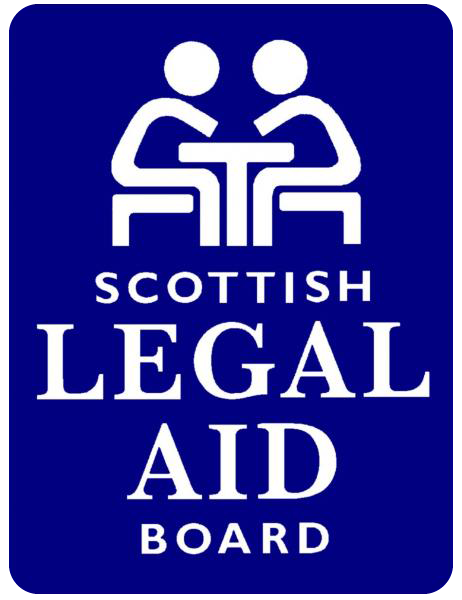37 years after their bodies were discovered in East Lothian, Angus Sinclair has been convicted of the rape and murder of Helen Scott and Christine Eadie at the High Court in Livingston. This was the first prosecution raised in Scotland following a change in the law relating to ‘double jeopardy’.
Traditionally, Scots Law provided that an accused who had been acquitted of a charge or charges after trial could not be prosecuted again in relation to the same allegations.
Angus Sinclair was originally prosecuted in 2007 for the murder of Miss Scott and Miss Eadie, who had been socialising in the World’s End Pub on Edinburgh’s Royal Mile in October 1977. He was acquitted in 2007 when the presiding Judge upheld a defence submission that there was insufficient evidence in law to allow the case to be decided by the Jury.
The public and political outcry following Sinclair’s acquittal prompted a review of the Scots law of double jeopardy. This principle was seen as important in providing legal certainty and finality to those accused of crimes and to victims and their families. It was consonant with general principles of fairness and the European Convention on Human Rights.
However, following the original Sinclair trial, public and political concerns were expressed that the interests of an accused were weighted too heavily against the wider interest in the prosecution of serious offences and the apprehension and conviction of dangerous criminals. After a period of reflection and consultation, the Scottish Parliament passed the Double Jeopardy (Scotland) Act 2011, which provided that an accused could be tried again for the same offence, provided that certain criteria could be met. Accordingly, the High Court was empowered to grant authority for a further prosecution where:
- Compelling new evidence emerges which substantially strengthens the case against an accused
- The original trial was ‘tainted’, for example by the intimidation of witnesses
- Evidence becomes available that the acquitted person has admitted committing the offence
- A victim has died after the original trial and it is competent to prosecute the accused for a more serious offence related to that death
Only the most serious crimes such as rape and murder are subject to the provisions of the Double Jeopardy (Scotland) Act. In enacting the legislation, Scotland was brought in to line with other jurisdictions such as England and Wales which had already addressed the issue.
Compelling new forensic evidence was brought to bear in the second Angus Sinclair trial, reflecting advances in the recovery and analysis of samples yielding DNA evidence which could link Sinclair to the deceased.
The ‘World’s End’ case was the catalyst for significant change in Scots Law. In imposing a mandatory life sentence, Lord Matthews ordered Angus Sinclair to serve a ‘punishment part’ of 37 years imprisonment, reflecting the length of time it had taken for justice to be served.
In the meantime, three Judges at the Appeal Court in Edinburgh have recently granted authority under the Double Jeopardy (Scotland) Act for a further prosecution of Ronnie Coulter who was tried and acquitted of murder after the death of Surjit Singh Chhokar in Lanarkshire in November 1998. The judges refused to allow a second prosecution of two other men who had also been acquitted of Mr Chhokar’s murder.



